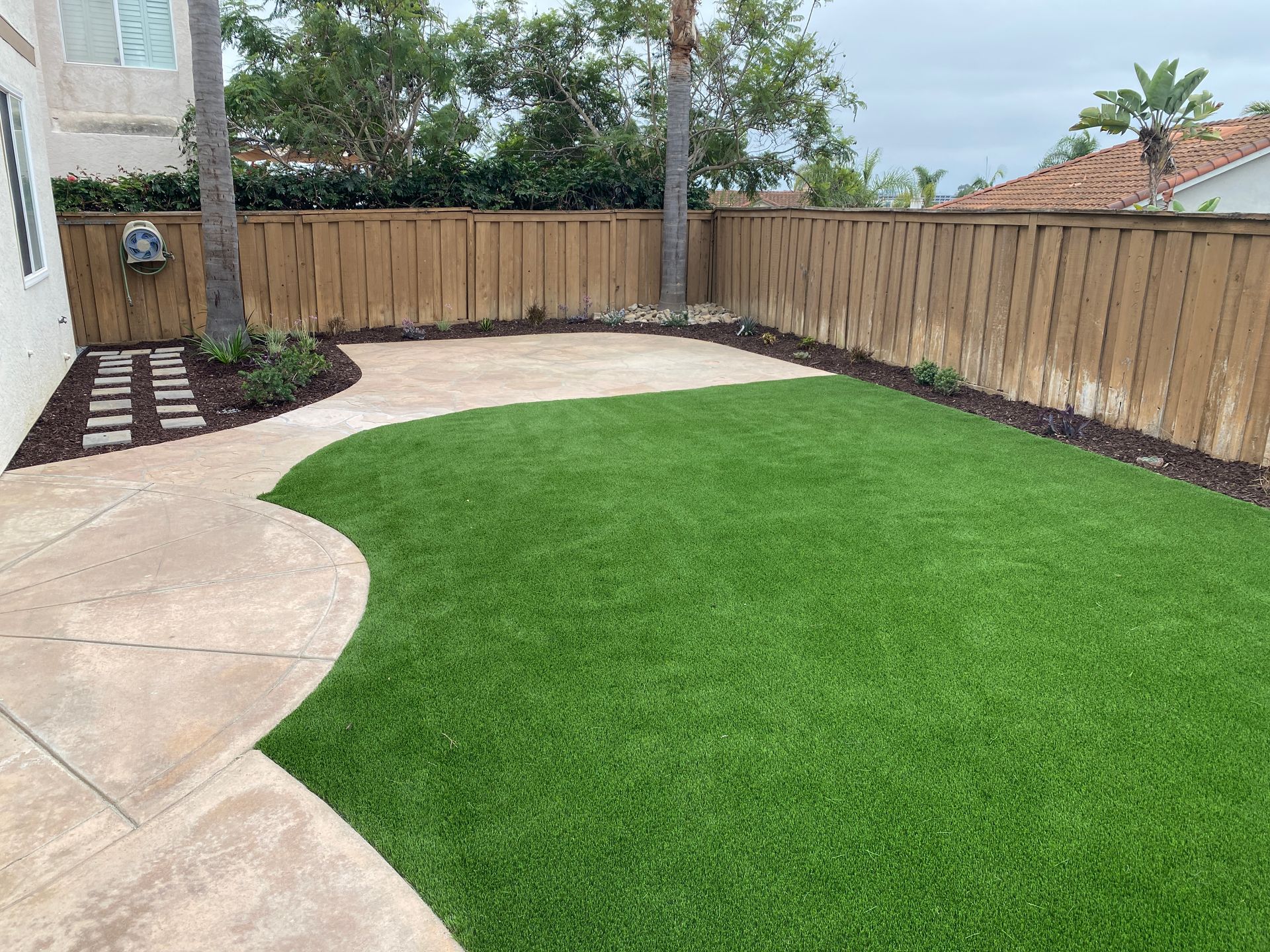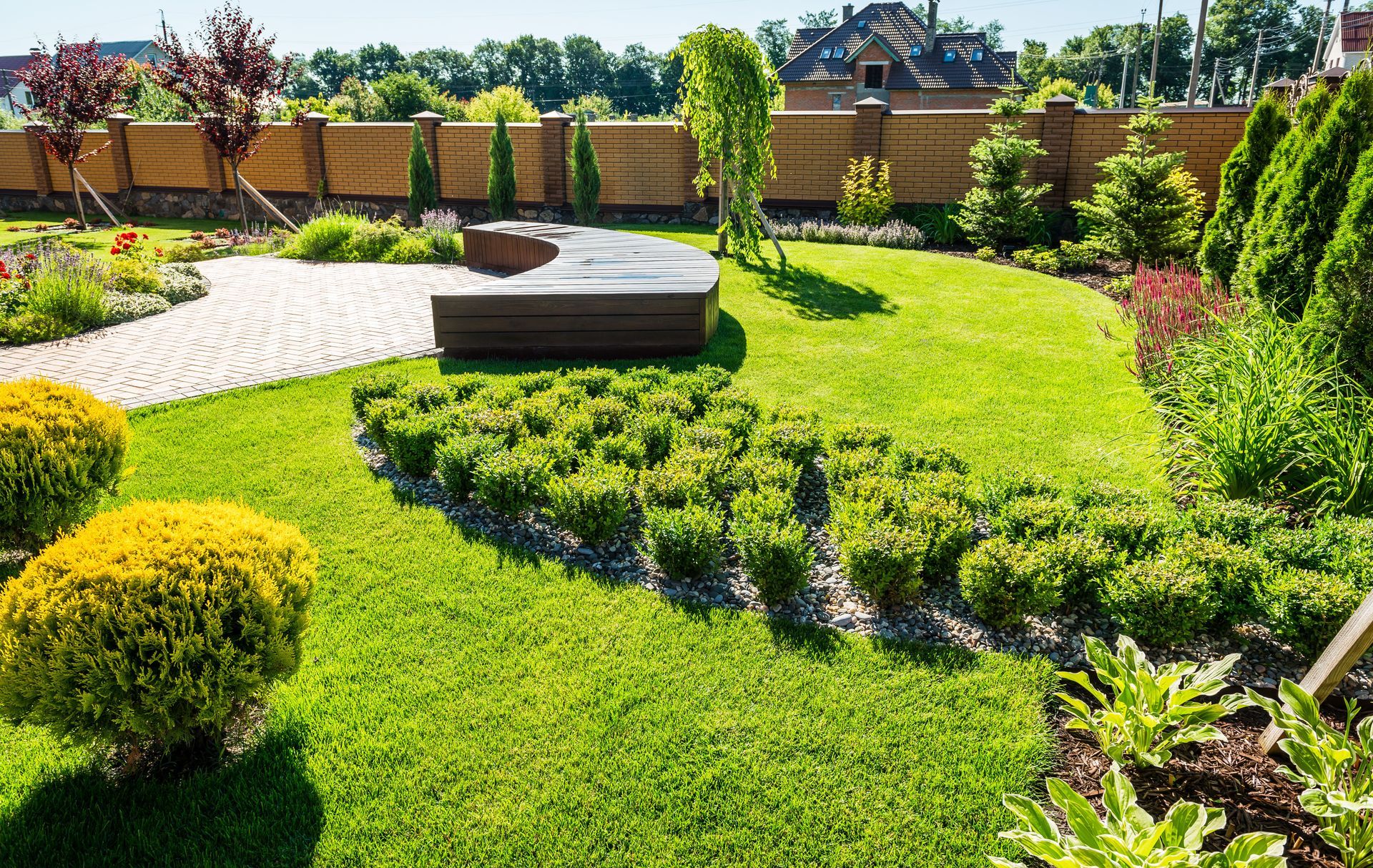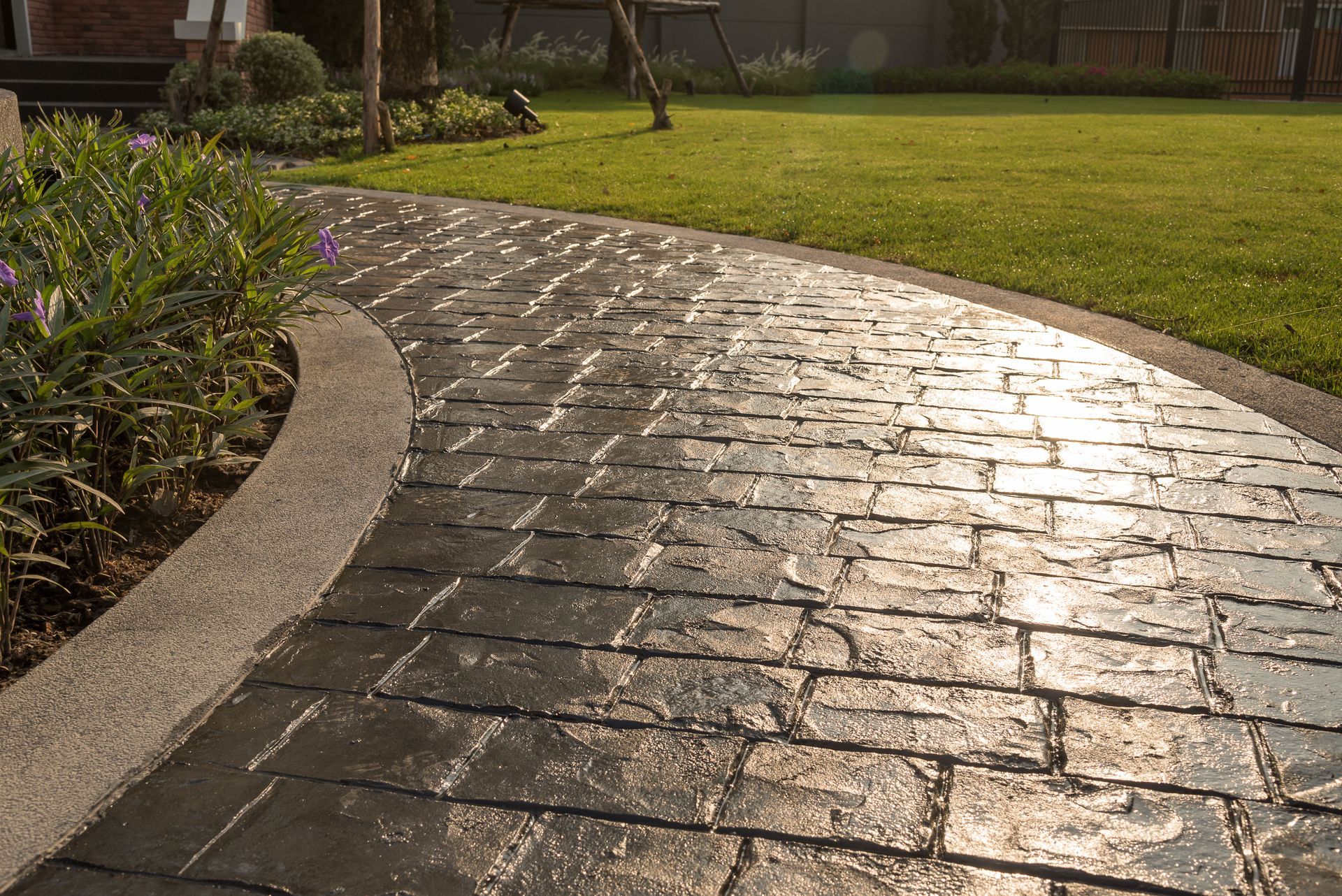How Professional Landscape Designs Can Boost Your Home’s Curb Appeal
By Mike Sencenich | July 18, 2025
When it comes to homeownership, curb appeal plays an essential role in making a positive first impression. The exterior of a home provides potential buyers and visitors with initial perceptions about the property, which can significantly impact its value. Professional landscape design offers homeowners a unique opportunity to enhance their property's exterior, creating a visually appealing and inviting atmosphere. Moreover, a well-designed landscape can reflect the homeowner’s personality and style while simultaneously increasing the property's functionality and accessibility. In this article, we will explore how professional landscape designs can boost your home's curb appeal and the subsequent benefits arising from such improvements.
Defining the Importance of Curb Appeal
Recognizing Its Role in Home Value
Curb appeal refers to the attractiveness of a property's exterior aesthetic when viewed from the street. It encompasses everything from the front yard, driveway, home exterior, and any visible landscape elements. A significant level of curb appeal implies a well-maintained and thoughtfully designed property, which can prompt positive impressions instantly. Thriving landscape designs can highlight the architectural features of a home while concealing any of its imperfections. Having excellent curb appeal is not only crucial for resale purposes but also enhances the homeowners’ pride and satisfaction in their dwelling space.
Making a Strong First Impression
The significance of first impressions cannot be overstated, especially in real estate. A home's exterior is the first thing visitors see, setting expectations for what lies within. By investing in professional landscape design, homeowners can ensure that their visitors are greeted with a picturesque scene. Lush green lawns, colorful gardens, and meticulously crafted paths create a narrative of careful attention to detail and quality. Consequently, a strong first impression through enhanced curb appeal can set the tone for positive interactions with potential buyers or guests.
Incorporating Key Elements of Landscape Design
Creating Balance and Symmetry
Balance and symmetry are foundational principles in landscape design that create a sense of order and structure. Well-balanced landscape designs ensure that no one area feels heavier or more cluttered than another, allowing the eyes to move fluidly across the scene. Symmetry can be achieved through mirrored plantings or evenly distributed hardscapes, providing cohesion to the design. Incorporating these elements makes a landscape both aesthetically pleasing and psychologically soothing. Landscape designers expertly manipulate these principles to enhance a property’s curb appeal, creating harmonious and visually appealing spaces that delight all who visit.
Using Color and Texture
The effective use of color and texture can dramatically enhance a landscape's appeal. Varied plant textures create depth and interest, breaking up monotony and inviting exploration. Additionally, different colors can evoke specific emotions—bright colors may energize a space, while cool tones can create a calming effect. Professional landscape designers are adept at choosing color palettes that complement the home, tailoring the design to reflect the homeowner's personality. Through strategic plant selection, a designer ensures that a landscape remains vibrant and engaging throughout different seasons, enhancing curb appeal year-round.
Selecting the Right Plants for Your Landscape
Choosing Climate-Appropriate Options
One of the first steps in successful landscape design is choosing plants well-suited to the local climate. Climate-appropriate plants are more likely to thrive with fewer resources, reducing the need for intensive care and ensuring sustained curb appeal. Professional designers possess the expertise to select flora that will prosper in specific temperature ranges, precipitation patterns, and seasonal shifts. Thus, they offer both environmental and economic benefits through efficient plant selection. By adapting a landscape to its natural environment, a designer ensures the landscape is resilient and vibrant year-round.
Comparing Native and Exotic Species
Choosing between native and exotic plant species requires careful evaluation of aesthetics, maintenance, and ecological impact. Native plants are often better suited to local environmental conditions and require less watering and fertilizer, making them a sustainable choice. Exotic plants, while often striking, may come with higher maintenance demands or even pose ecological threats as invasive species. Professional landscape designers strike a balance between these considerations, selecting plants that enrich the local ecosystem and enhance visual interest. Through careful plant selection, a designer can create a uniquely beautiful outdoor space that reflects local character.
Building Functional Hardscape Features
Picking Durable Materials
Hardscaping involves using durable materials like stone, brick, and concrete to enhance both the function and aesthetics of an outdoor space. These elements add structure and definition to a landscape while providing practical purposes such as patios, walkways, and retaining walls. The choice of materials depends on factors such as climate, maintenance, and design style, with each option offering distinct benefits. Professional designers have a keen understanding of material characteristics and can choose the best fit for the project's needs. Hardscaping effectively combines durability and beauty to elevate curb appeal while extending the living space.
Designing Patios and Decks
Patios and decks are integral components of outdoor living spaces, offering areas for relaxation, entertainment, and dining. A thoughtfully designed patio or deck maximizes usable space and enhances the seamless transition from indoor to outdoor living. Designers consider factors such as sun exposure, access, and views to create spaces that are both comfortable and inviting. Material and design choices contribute to the overall aesthetic and functionality, reflecting personal style and complementing the home's architecture. These spaces become focal points within the landscape, boosting curb appeal by showcasing the property's versatility and allure.
Working With a Professional Landscape Designer
Bringing Expertise and Creative Vision
Professional landscape designers bring a wealth of expertise and vision to any project, turning outdoor spaces into stunning sanctuaries. Their extensive training enables them to assess a property, identify its potential, and create a cohesive design plan that enhances its inherent beauty. With their creativity, these professionals can overcome challenges like uneven terrain, poor soil quality, or drainage issues. Their ability to envision and execute a unique design that aligns with the homeowner’s desires elevates curb appeal significantly. Hiring a professional ensures that both aesthetic excellence and functional considerations are expertly addressed.
Managing Projects Efficiently and Effectively
Effective project management is a crucial aspect of successful landscape design, ensuring timely completion and budget adherence. Landscape designers coordinate various facets of the project, from securing permits and scheduling installations to overseeing construction. Their meticulous planning and organization reduce the risk of unexpected delays or budget overruns. Additionally, professionals manage communication between contractors and homeowners, ensuring clarity and satisfaction at every stage.
Boosting Return on Investment Through Landscaping
Increasing Your Property's Value
Investing in professional landscape designs can significantly increase a property's value by making it more appealing to potential buyers. According to Bankrate, landscaping can increase a home’s resale value by 15-20% on average. A well-executed landscape design acts as a selling point, setting a property apart in a competitive market. When a landscape is not just visually appealing but also functional and well-maintained, it can greatly influence a buyer’s decision.
Improving Your Home's Marketability
Curb appeal has a direct impact on a property's marketability, making it stand out to potential buyers and real estate agents. A home with impressive curb appeal captures attention quickly, often leading to more inquiries and visits. This attention can reduce time on the market and increase the likelihood of competitive offers. Professional landscape design provides homeowners with a distinct advantage, transforming their property into a sought-after listing.
The benefits of investing in professional landscape design extend well beyond mere aesthetics. Contact Classic Landscape & Horticulture today for more information about our
landscape designs.





Share On: